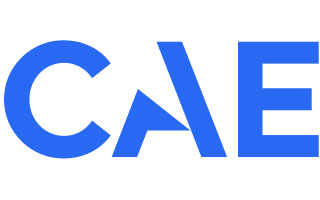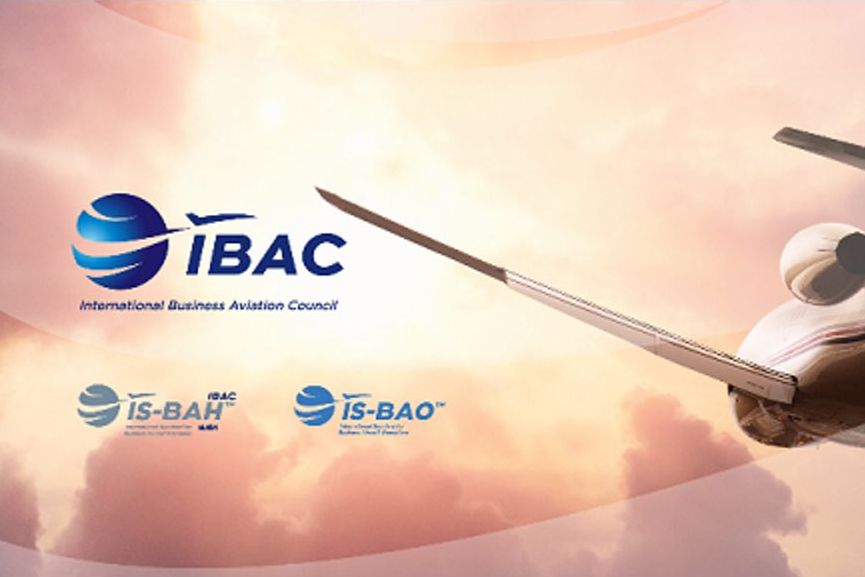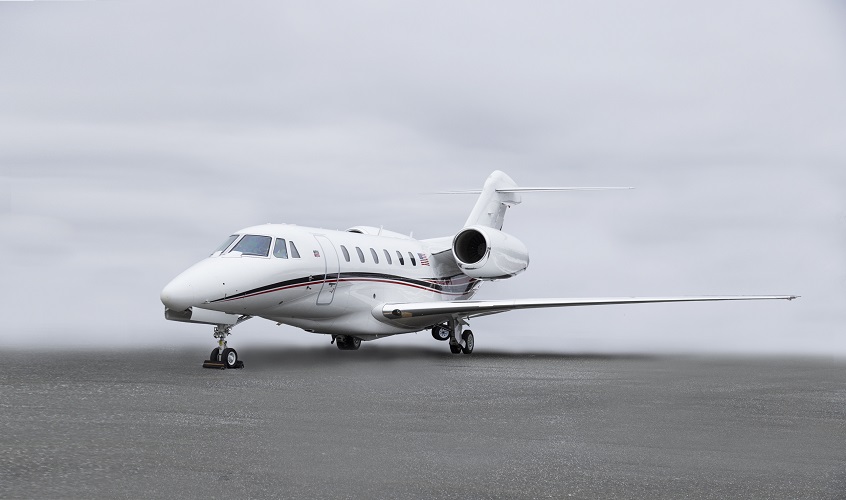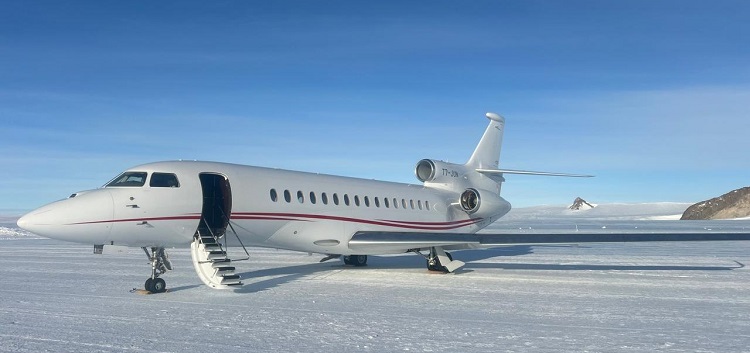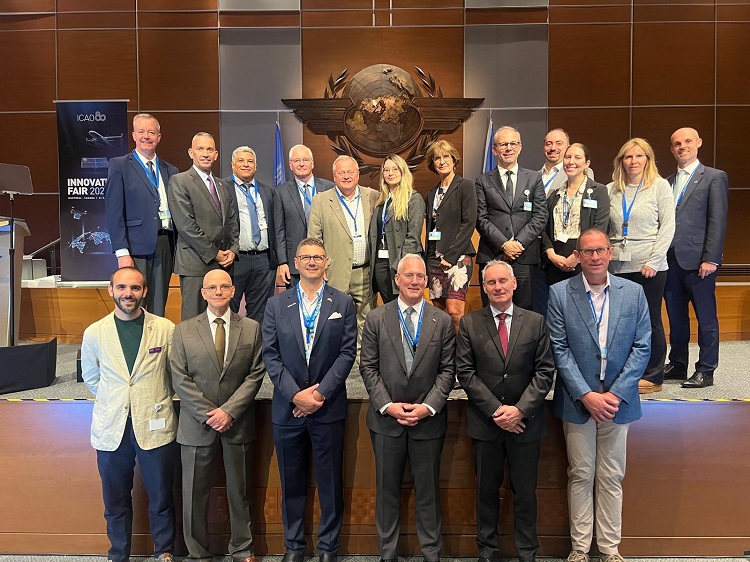This avoids an undue burden on participating operators due to the effects of Covid-19 on air transport.
Kurt Edwards, IBAC director general, said: The decision applies only to the Pilot Phase of CORSIA, running from 2021 to 2023. ICAO will take into consideration at its 2022 Assembly further analysis of the effects of the pandemic on air transport in 2020, deciding then on the need for any adjustments for the following phases.
“Through the Business Aviation Commitment on Climate Change, IBAC favors a fair, equitable global market-based measure that compliments the overall set of measures in aviation’s four-pillar approach to reducing carbon emissions. Business aircraft have led for years the introduction of new, more fuel-efficient technologies, including more aerodynamic structures such as winglets, lighter materials, and modern avionics. Moreover, the global business aviation community has undertaken a wide-ranging education and demonstration programme to promote the production and use of sustainable aviation fuels. These initiatives hold great promise for reducing emissions combined with reductions from CORSIA.”
Edwards, added: “The Council decision to remove 2020 emissions levels from the CORSIA is a solid first step for the Pilot Phase. We hope that ICAO’s considerations for the next phases will fully recognize the exceptional circumstances caused by the pandemic. It is important that ICAO safeguard air transport from inappropriate economic burden as it pursues its mission to ensure the safe, secure, and sustainable development of the international aviation sector.”
Source: www.africanaerospace.aero






